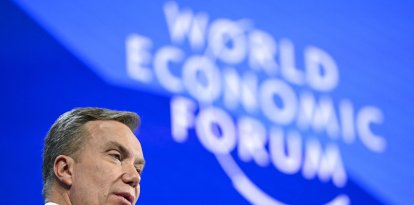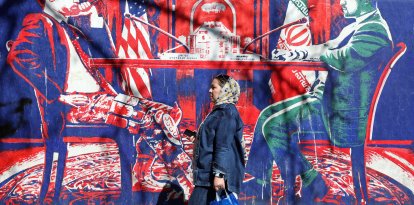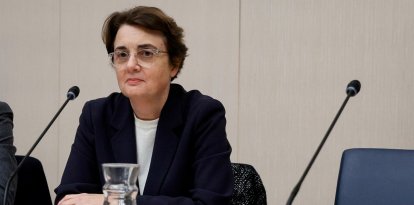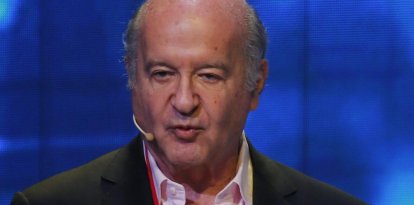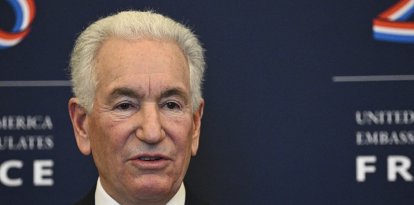Former Chinese President Jiang Zemin dies at 96 years old
Zemin passed away due to severe organ failures caused by leukemia, a disease he was not known to be suffering from, as it had not been announced by official institutions.
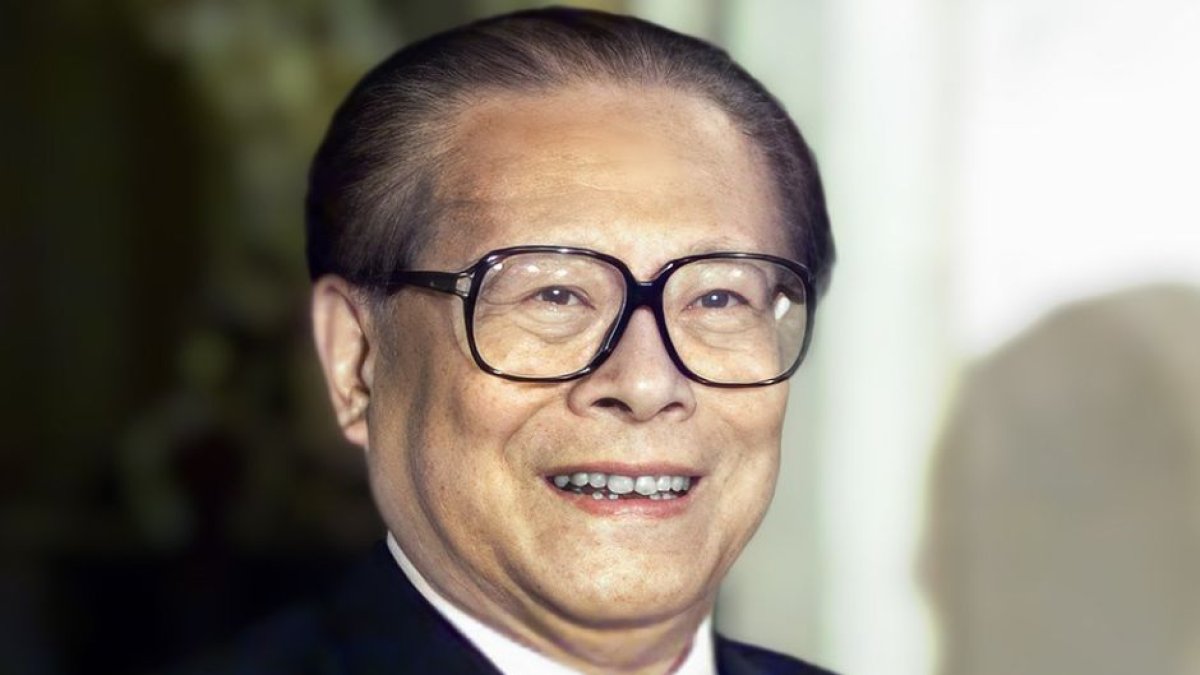
(Wikimedia Commons)
Former Chinese President Jiang Zemin passed away on Wednesday at the age of 96 as reported by the news agency AFP. The state media Xinhua stated that the former president died in the city of Shanghai due to a serious illness. The actual cause was released shortly thereafter as being Lukemia along with multiple organ failures caused by the leukemia. The disease was not previously known to be present, since it had not been announced by the official institutions.
His death follows a weekend of protests against Xi Jinping's 'zero covid' policy.
Jiang's last public appearance was on the occasion of the National Day and the celebration of the seventieth anniversary of the proclamation of the National Republic of China on October 1, 2019.
"The death of Comrade Jiang Zemin is an incalculable loss to our party, our Army and our people of all ethnic groups," states a letter from the Communist Party, Parliament and the Army, and later reviewed by several media outlets.
Who was Jiang Zemin?
Zemin was born in August 1926 into a family of intellectuals and lived a childhood influenced by the Japanese occupation of his country.
The former president led the Communist Party of China following the Tiananmen Square crackdown on pro-democracy demonstrators in 1989. He was appointed president of the country in 1993, a position he held until 2003. "He reestablished relations with the United States and oversaw an unprecedented economic boom in the country," according to Reuters.
Jiang's mandate was marked by milestones such as China's entry into the World Trade Organization (WTO) in 2001 and the holding of the 2008 Olympic Games in Beijing. However, it was also marred by more serious events such as the persecution of the Falun Gong religious group.
"Jiang's flamboyant personality and cosmopolitan style, although often times ridiculed during his rule, gave him unexpected online popularity in recent years, as recalled by Chinese social network users. Many recall his tenure as a comparatively more relaxed political and social atmosphere under his leadership." review CNN.
Orville Schell, an American scholar of Chinese culture, stated to CNN: "I think he was underestimated during his lifetime. Compared to Hu and Xi, he was very talkative, open and friendly. He was one of the few Chinese leaders who wanted to be a normal world leader, not a communist dictator."














